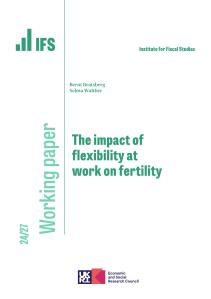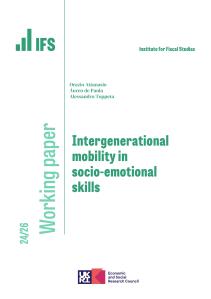This paper shows the effect of school staff autonomy on educational performance. The distinctive feature with existing literature is that we employ variation in autonomy within the same country and within the same school type to reduce the omitted variables problems. To fully capture the informational advantage of local actors, we define autonomy as the operational empowerment of the school’s direction and teachers. The Flemish secondary school system in Belgium is analyzed as it displays unique within school type variation in school staff autonomy. This variation originates from autonomously operating school governing bodies that can group multiple schools and are free to delegate responsibilities to the school staff. Combining detailed school level and pupil level data from the PISA 2006 study with a semiparametric hierarchical model, we find strong positive effect of school staff autonomy on educational performance. The result is shown to be robust to problems of reverse causality and simultaneity. Quantile regression shows that both low and high-performers benefit from school staff autonomy.









